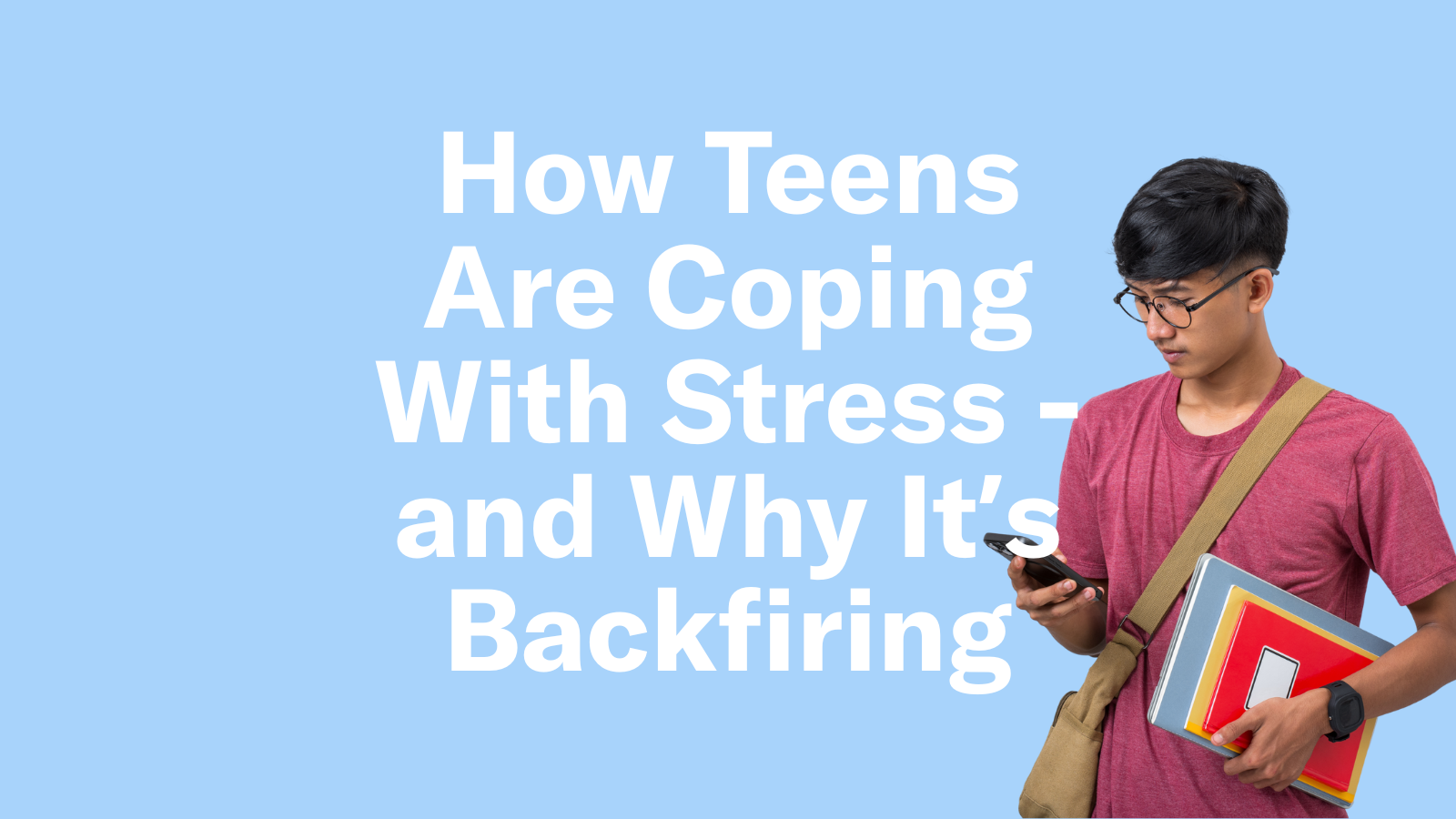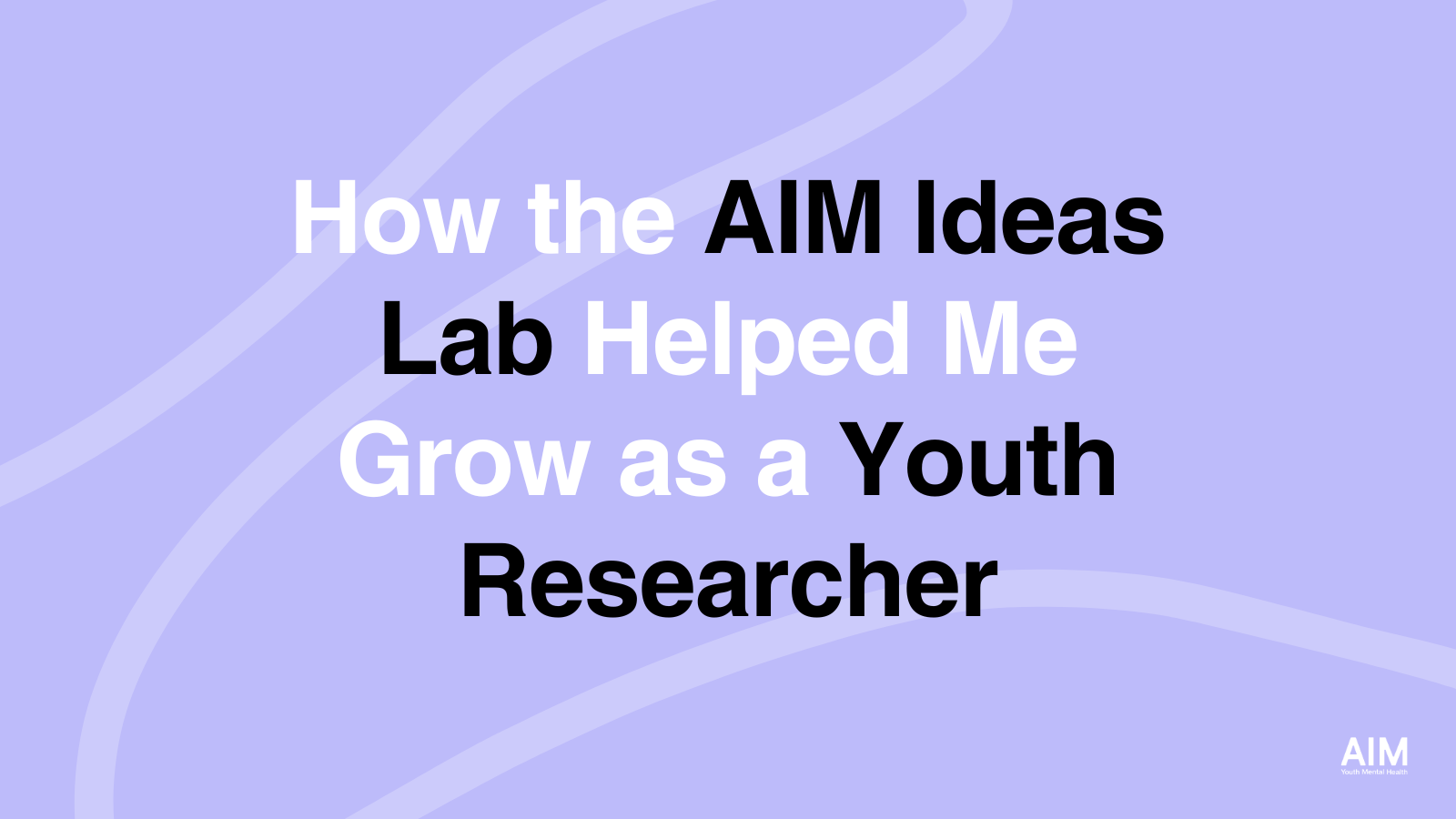(Photo: REUTERS/Tomas Bravo)
Research suggests persistent stress in young children can become toxic, causing brain changes that can interfere with learning and lead to disease in adulthood. It’s unknown how many children and adults have been harmed by toxic stress but data show that many live in circumstances that experts say put them at risk.
—More than 1 in 4 U.S. kids experience a serious traumatic event by the age of 16, including abuse, neglect and household or neighborhood violence, according to the National Center for Child Traumatic Stress.
—More than 1 in 5 children have experienced at least two of these traumas and are more likely than others to have school difficulties, along with health and behavioral problems, a 2014 study found.
—Nearly half of U.S. children younger than 18 live in families at or near the poverty level, U.S. Census data show.
—The number of U.S. children in foster care climbed steadily after 2011, reaching nearly 430,000 in 2015, the most recent government data show. Neglect was the reason in nearly two-thirds of cases, with most of the rest due to drug abuse, according to a 2016 government report. Authorities believe the opioid epidemic has contributed to the trend.
Published July 12, 2017 Associated Press
Read the original article in full on foxnews.com.





